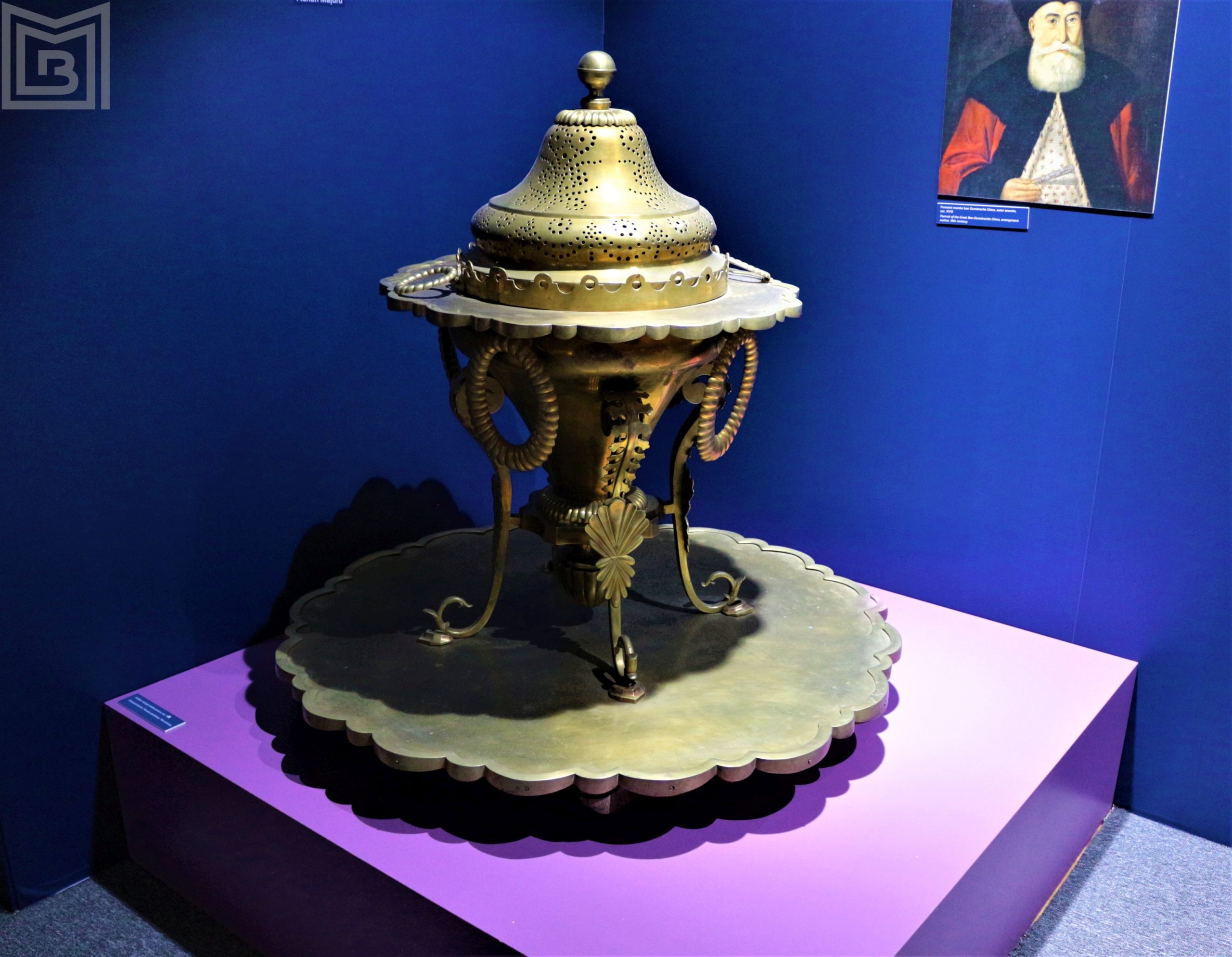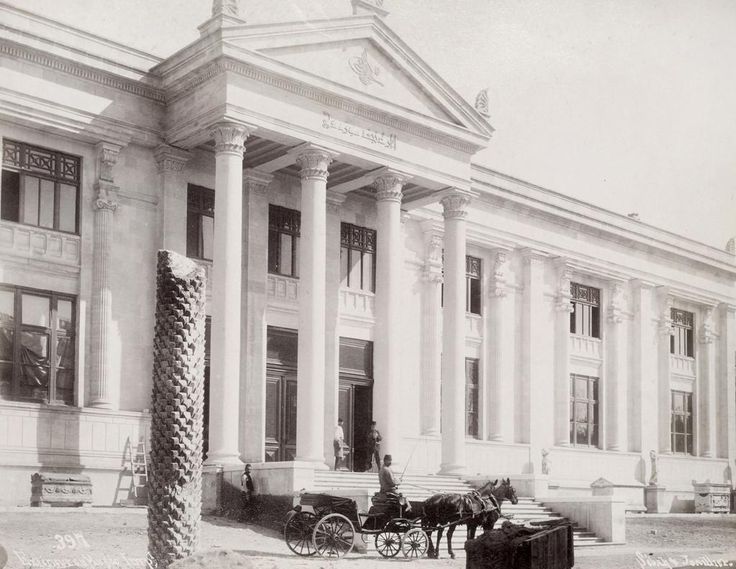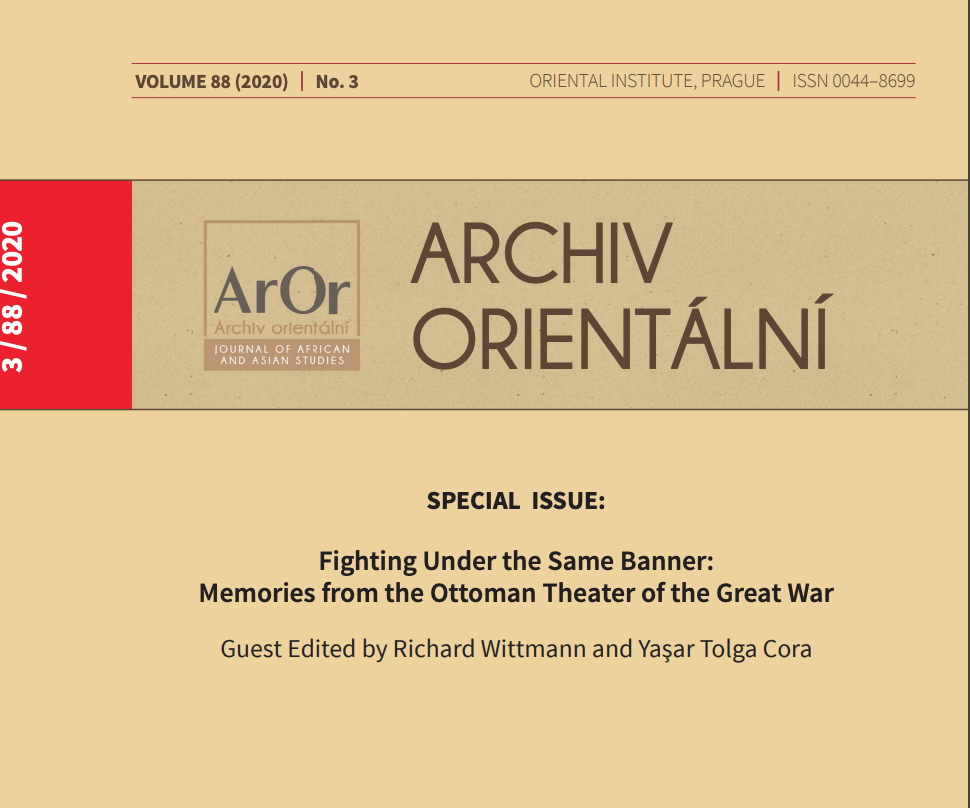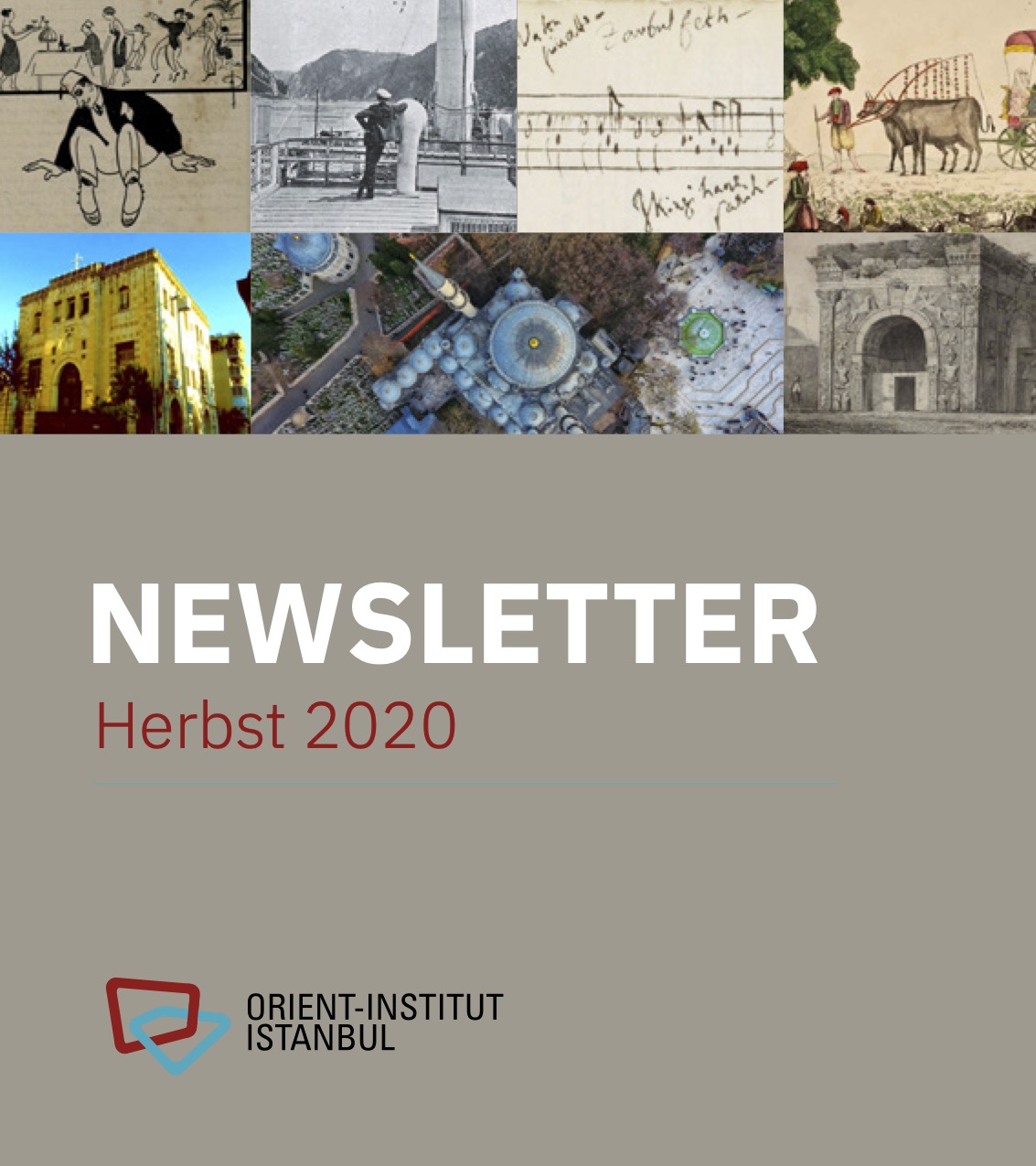Turkish and Greek folk songs of the late Ottoman era: Popular culture and intercommunal relations through musical collections
12 April 2023 | Author: Evangelia Chaldæaki
As it is widely known, various musical genres emerged during the whole timespan of the Ottoman Empire, around the city centers and at the countryside areas.










